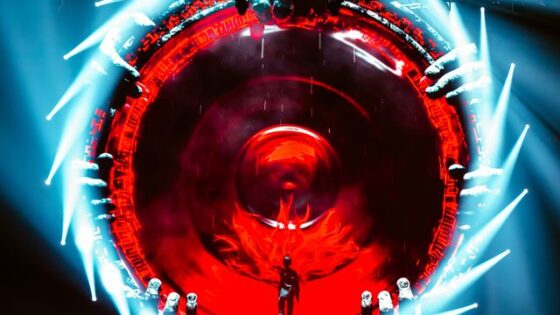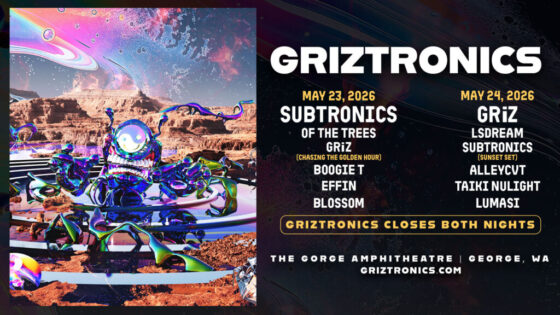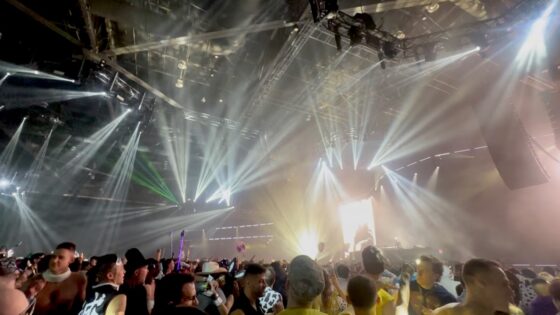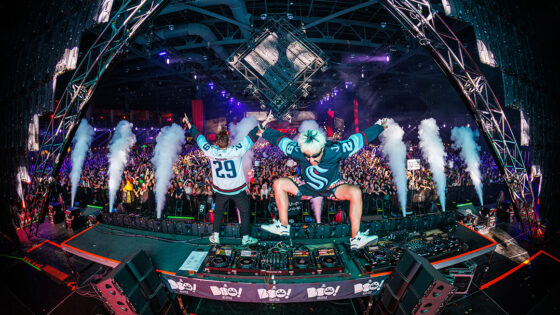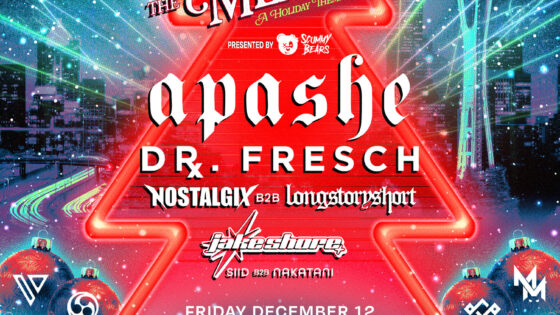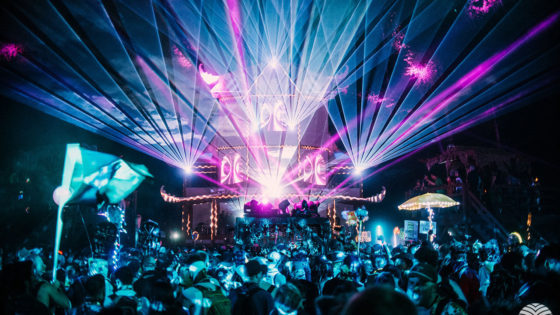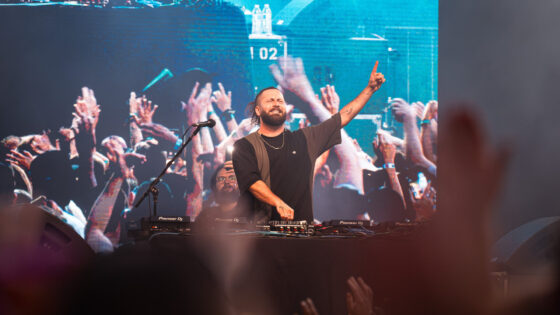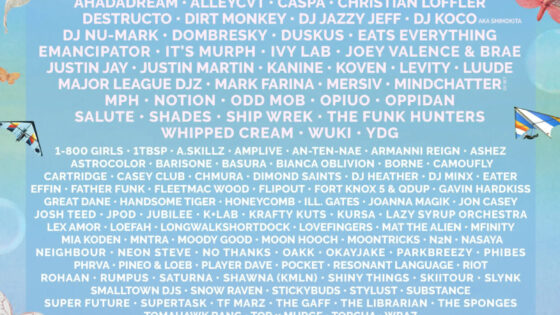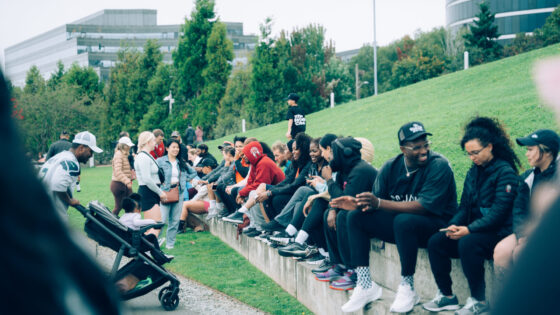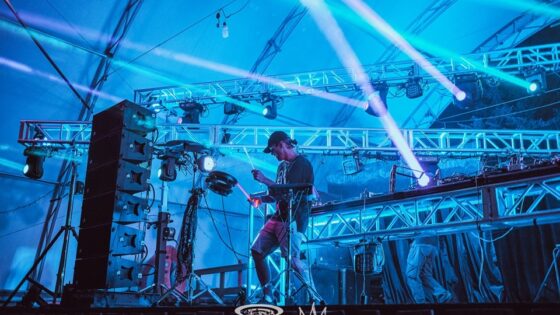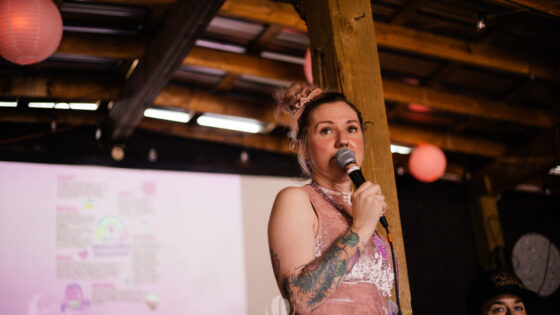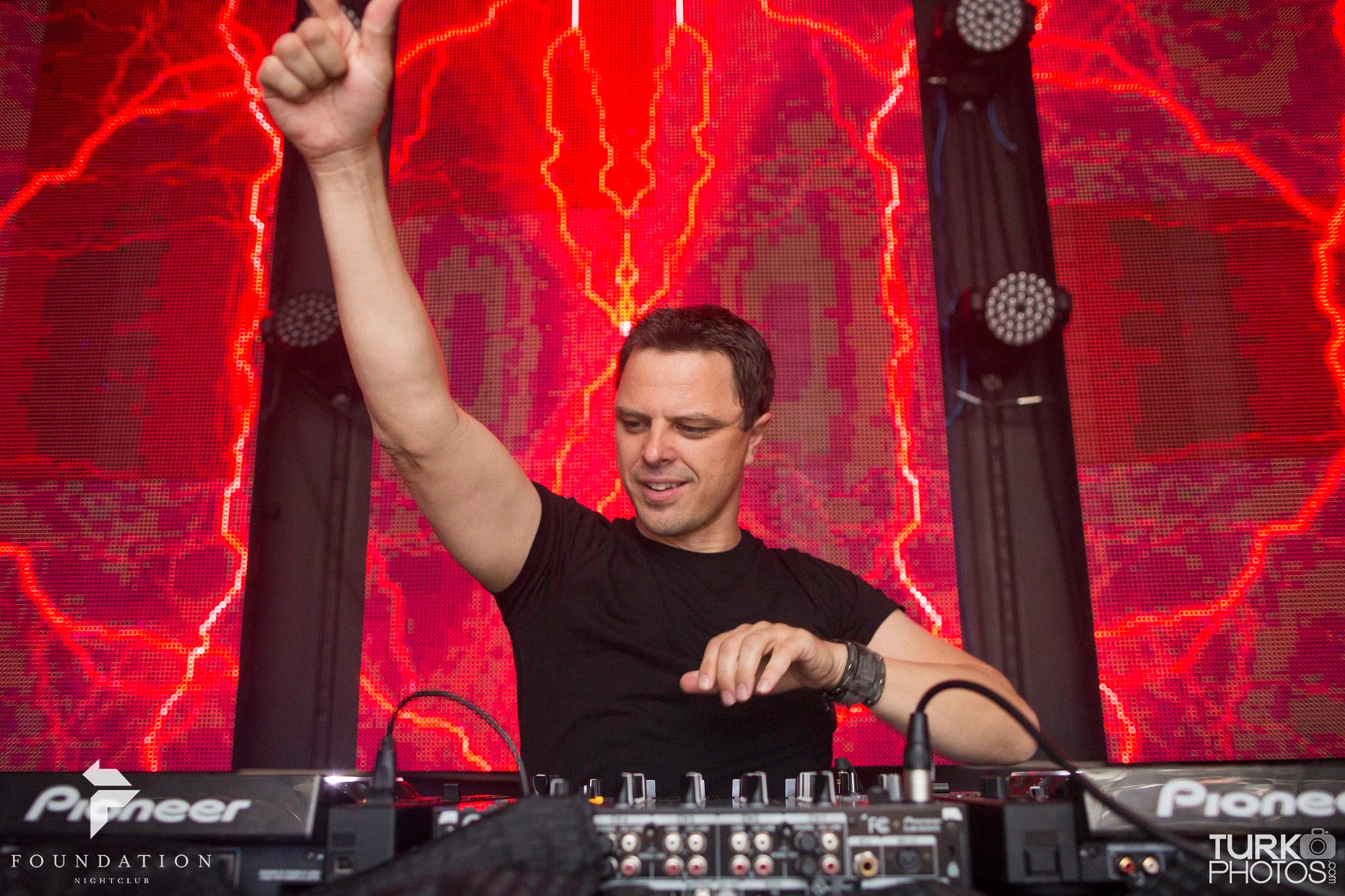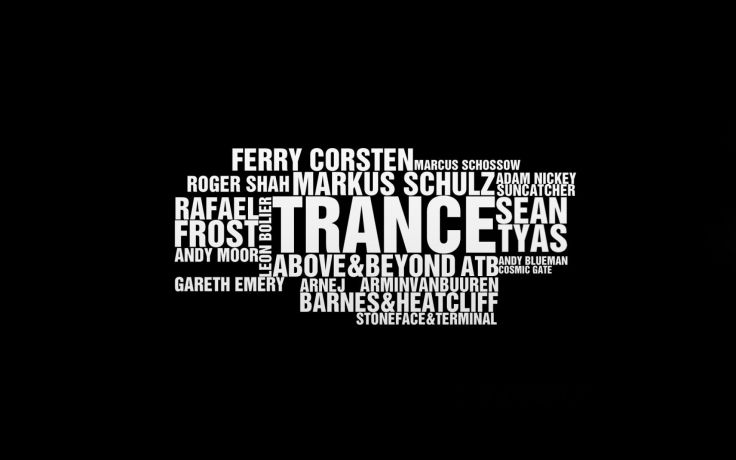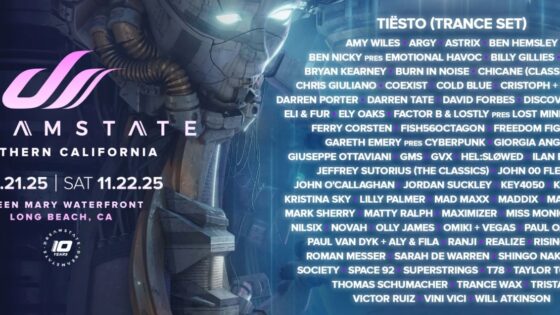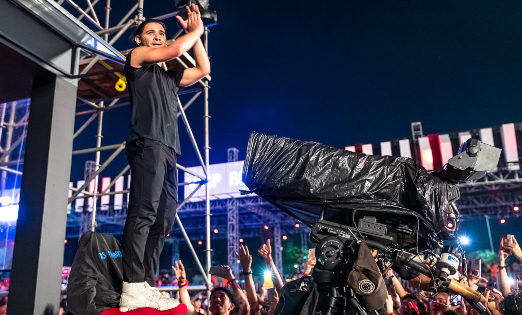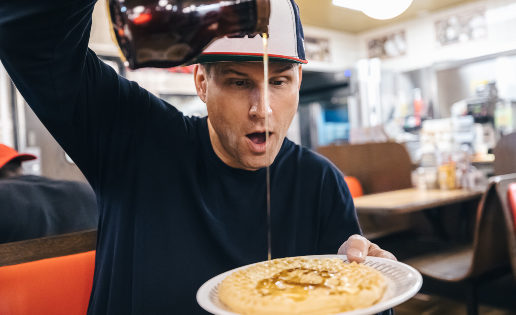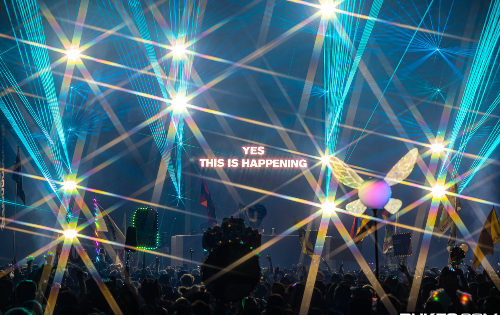It’s not often Seattle gets treated to an open-to-close effort from any DJ. In the past, we’ve seen the likes of Max Graham and Protoculture put their craft on display, showing us what it truly is to build a complete set. Most recently though, Foundation Nightclub played host to a man who many deem the master of the OtC set, Markus Schulz. Having been in the scene since the very early 90s, Schulz is nothing short of a maven of trance, defined by his killer melodies and ability to soldier through marathon sets upwards of 12-13 hours long.
[divider]Diagnosing the Problem[/divider]
The German Coldharbour Recordings boss came through Seattle during a time of flux for our local trance scene; in many ways, the genre has been struggling. Attendance at major shows in the Northwest has been down, while Lucky 2015’s predominantly trance-heavy side-stage didn’t quite haul in the crowds many had hoped for. Meanwhile, the debate has raged on as to what truly is crippling the scene. Some theorize that the music itself is becoming saturated by pop sensibilities, and that the faster 138-140 bpm avenues are the one true saving grace. Others still say that it’s a question of accepting our accessible pop overlords into the fold. One thing everyone agrees on though: Something has been missing.
“To be honest with you, I think that right now the whole scene is craving and looking for real music again. The last two years, fuck, it was bad. Everyone used the same sounds and just arranged it differently and plugged in different notes. It got to the point where Ferry [Corsten] and I were looking at each other and saying ‘are we missing something?'”
Schulz certainly isn’t wrong in that assumption. The rise of “EDM” has led to festival mainstages acting as revolving doors for DJs putting little to no effort into honing their craft. In the midst of all this though, the question left to us is simple: Where does that leave trance?
[divider]Defining “Real” Trance[/divider]
Many of us in the Northwest have a very specific definition as to what constitutes “pure” trance music. Some stand steadfast in the belief that artists like John O’Callaghan, Bryan Kearney, and Aly & Fila are the modern torch-bearers for the genres, and it’s not an invalid opinion to have. But to Schulz, things break down severely when it becomes “just a bunch of guys standing around chin-stroking.” To him (and many others), time spent determining whether any particular set represents a “pure” form of the genre is wasted energy.
“If you ask any of the EDM or House DJs, ‘what does Markus Schulz play,’ they’re gonna say ‘trance.’ You don’t hear those guys talking about ‘pure’ trance, it’s just trance. That’s the part of the scene [that made] a lot of people stop being into the genre; it got so snobby, it stopped being fun anymore.”
The ensuing evolution of trance though hasn’t been a concerted effort to defy either the snobs or the mainstream. “We don’t think about it, we just play what’s in our hearts and what we feel,” Schulz counters.
In this, we get a vision of a genre not defined in a reactionary sense, as much as it’s a result of artists staying true to their own sound. To Markus, trance is more “about that feeling, about losing yourself in the melody.” With that, it would serve us well to remember that the standards our favorite artists adhere to are often based in their love of Music with a capital “M,” not simply the sub-genre they exist within.
Important things happen in Pacific Northwest nightlife, and DMNW will send you alerts!
Pop culture junkie, dinosaur enthusiast, and proud Managing Editor. While an avowed basshead, has been known to be ever-so-slightly trance-curious under the right circumstances.

